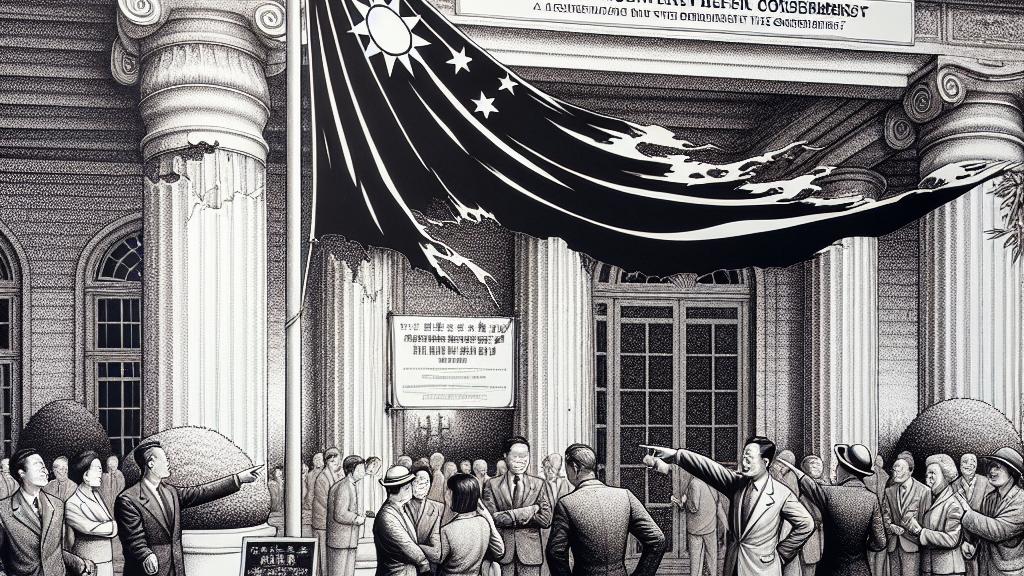The Olympic Flag Fiasco: Taiwan Takes a Stand Against China's Economic Bullying!
Overview
- Taiwan's government vehemently condemns China's economic pressure linked to the Olympic flag omission.
- Evergreen Group's apology reveals the challenges Taiwanese businesses face under Chinese influence.
- This incident sheds light on Taiwan's ongoing struggle for sovereignty amid escalating tensions with China.

The Catalyst: A Missed Flag at the Olympics
In a significant political uproar that unfolded in Taiwan, the Evergreen Group found itself at the center of controversy for not displaying the Chinese flag during Olympic celebrations at its Paris hotel. The issue gained traction after a Chinese influencer shared a TikTok video expressing outrage over the flag's absence, which quickly went viral within Mandarin-speaking circles across the globe. Reaction was swift; following the viral post, multiple Chinese travel sites began delisting the Evergreen Laurel Hotel, causing a tangible impact on the business. In response, Evergreen issued a formal apology and reaffirmed its loyalty to the contentious '1992 consensus,' an agreement that shapes Taiwan's intricate relationship with China.
Taiwan's Response: A Stand Against Economic Coercion
In the aftermath of the Evergreen incident, Taiwan's Ministry of Foreign Affairs articulated a strong rebuke of China's coercive tactics, which they argue are designed to manipulate international businesses into aligning with Beijing's political agenda. The Ministry highlighted that such economic pressure compromises the integrity of international trade practices and human rights. Alongside this, Taiwan's Mainland Affairs Council (MAC) issued a statement condemning the Chinese Communist Party's actions, denouncing its orchestrated nationalism which incites public harassment of Taiwanese companies. The MAC's insistence on mutual respect among nations emphasizes Taiwan's commitment to navigating its autonomy while urging China to reconsider its aggressive approach that ultimately isolates it from global partnerships.
Wider Implications: Taiwan's Identity and the Geopolitical Landscape
The fallout from this incident signifies a broader struggle over Taiwan's identity and its place on the international stage in the face of growing Chinese nationalism. Taiwan's reaction highlights its unwavering stance on sovereignty, asserting that it will not bow to economic pressures that undermine its existence as a self-governing entity. This incident dovetails with ongoing conversations about Hollywood's relationship with China, particularly illustrated by the varied receptions of releases like 'Top Gun: Maverick,' where the Taiwanese flag was notably restored for audiences outside China. Taiwan's tenacity in defending its core identity amidst increasingly assertive tactics from Beijing underscores a pivotal moment in its quest for international acknowledgment and solidarity.

Loading...